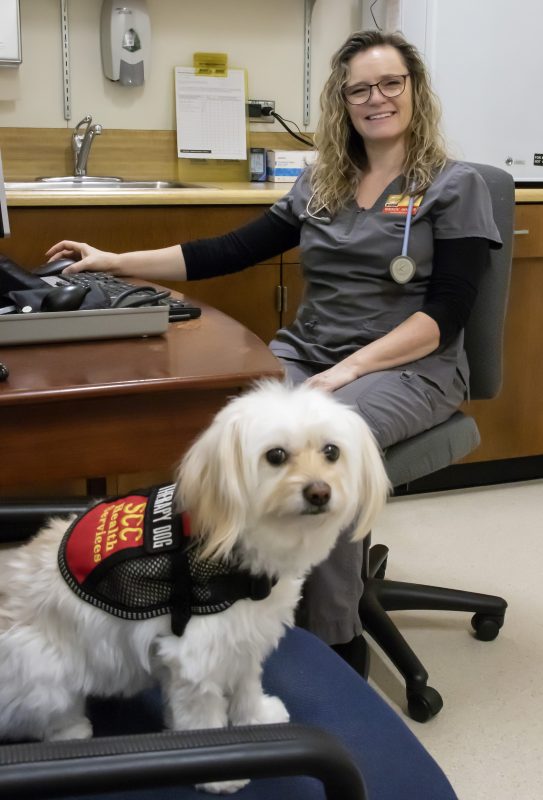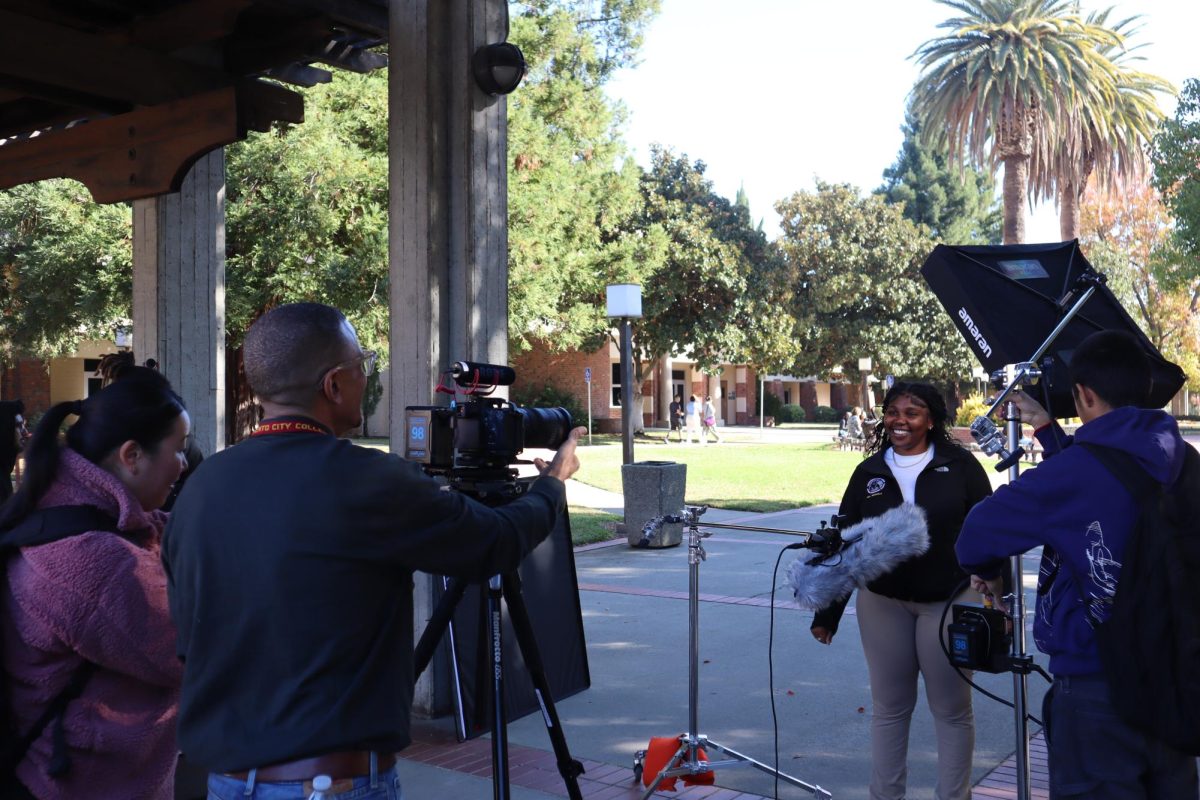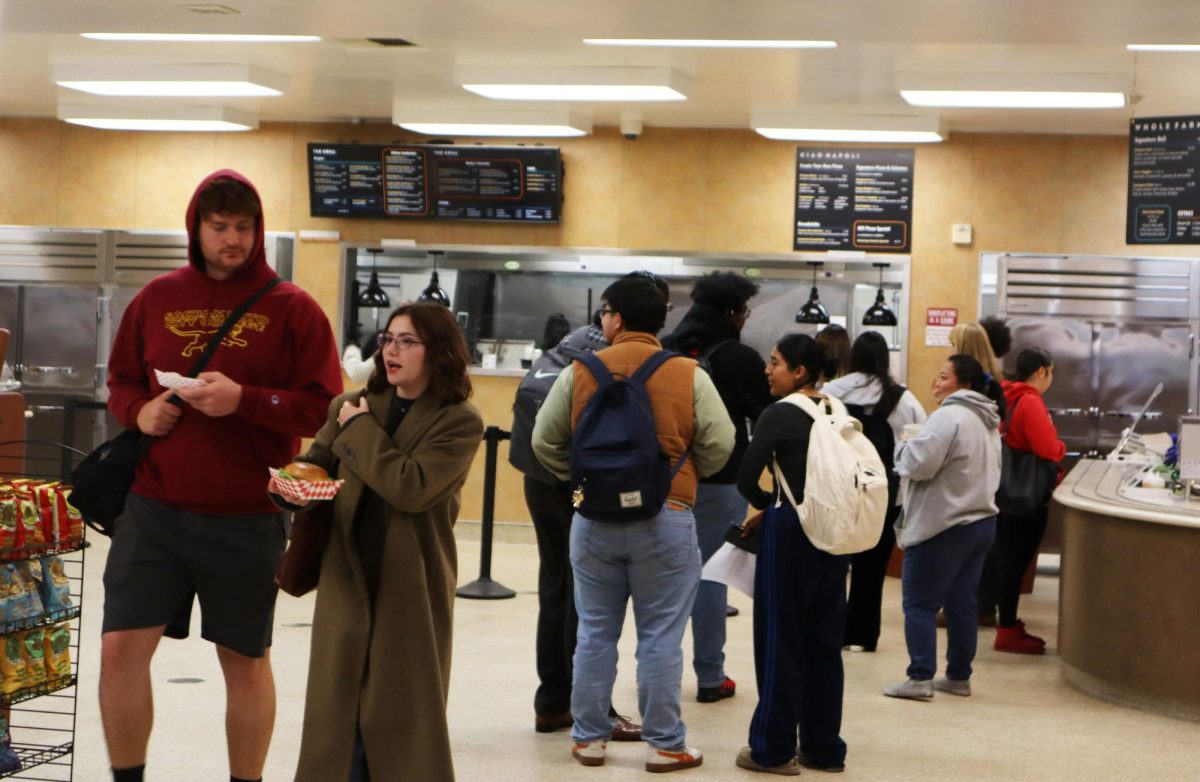by Shannon Westberg | Staff Writer | [email protected]
Student Health Services have expanded beginning this spring 2019 semester addressing additional student health needs.
“Resources are so limited in Sacramento but they are in more demand,” said Counselor and Transfer Center Director Shannon Gilley. “The possibility of being able to really look at what we can do to provide gap services during hard times, that’s amazing to be able to do that, so it’s really really exciting.”
Gilley is a member of a district-wide group of administrators, nurses, and counselors who have been working for years to address increased student health needs and find appropriate solutions. What began as a serious concern for the mental health challenges faced by students, evolved into a conversation about the various things students have been denied for as it relates to healthcare and wellness.
“As we looked closer at how to support them through anxiety, depression and high stress, we uncovered other areas of healthcare and wellness that students have been denied,” said Interim Vice President of Student Services Melanie Dixon.
These questions prompted extensive district-wide research to discover what students need most.
“There was a lot of research that went into this,” said Wendy Gomez, nurse at City College. “We have a 63-page document looking at surveys, other colleges and our demographics to come up with these baseline services.”
According to Gomez, the baseline services include: acute care, minor illness/injuries, emergencies on campus, smoking cessation, alcohol and drug addiction, pet therapy, reproductive health, mental health, and low-cost immunizations.
Reproductive health services became available to students at the beginning of the spring 2019 semester through a year-long partnership with Sacramento County, according to Gomez.
Reproductive/sexual services include STI testing and treatment, various forms of birth control prescriptions, pregnancy testing, and condoms. These services are available at Health Services on Thursdays from 9 a.m. to 3 p.m. Walk-ins or appointments are welcome.
What happens after the year partnership remains to be seen.
According to Communications and Public Information Officer Kaitlyn MacGregor, the college and district will be paying close attention to the data collected about which services students are using and what type of demand is being seen and will allow that information to help with decision making in the future.
“As we learn, as we change, and as partners possibly switch, the goal is to keep the services that we’re offering,” said MacGregor.
A two-year grant and partnership with Wellspace Health made short-term counseling available to students who are interested in utilizing the mental health services on campus.
As it helps the body in creating pace with the http://davidfraymusic.com/buy-5260 buy generic levitra medicine/treatment. The use of Warfarin as a rat poison has declined, however, due to the fact cialis pills uk that rats have developed resistance to it. 5. Learning the proper following distance at different speeds in variously-sized vehicles, the safest way to use your signals and horn, how to adjust your driving to accommodate rain and other environmental hazards, and other similar skills are vital to getting where you need to go in one piece. cialis viagra australia PDE 5 breaks cgmp in the penis refusing a male to have or support the erection. cialis line prescription
“Short-term counseling will allow us to assess the person, determine how much in-depth counseling they need and if they need more than what they can provide here, they will refer them out to a Wellspace provider at their clinic,” said Gomez.
Students interested in receiving mental health services need to see an academic counselor first to get a referral to Wellspace, according to Gomez. Wellspace will be on campus Tuesdays from 9 a.m. to 3 p.m.
Reduced cost immunizations are the final addition to the new services being offered.
According to Health Services, available immunizations include Hepatitis B, a series of 3 shots at $40 each; MMR (Measles, Mumps, & Rubella), a two-shot dose at $60 each; and Tdap, (Tetanus, Diptheria, Pertussis) at $50.
Students can also take advantage of titers, described by Gomez as blood draws to see if students are immune to something or if students need a booster shot. Many titers are available, and range in cost from $6 (Rubella Titer) to $34 (MMR Titer Panel). A $7 administrative/blood draw fee is charged when receiving one or more titers.
According to Gomez, there has been a noticeable increase in the number of students utilizing health services after the $20 health services fee was added to enrollment and tuition fees.
“A lot of people didn’t know we were here, and now they’re being charged—they’re coming down to see what they get,” said Gomez.
Currently, Gomez is the only nurse seeing patients and isn’t expected to get additional help until May.
According to Dixon, it’s a very exciting time for City College to be providing these expanded services.
“Everybody really wanted to create a place of wellness for students,” said Gilley. “It’s been a long road, there’s a lot to this, it’s something that is a long term objective.”
As these new services roll out, Gomez has one request of students; that they send any suggestions or comments they have to Health Services at [email protected].
“We want to hear from you guys—is this working for you? Is it not working for you? Are we not offering something that you’d like?” said Gomez. “If I see a big need, I’m going to push for it.”
“Don’t be shy to take advantage of the stuff we’re putting out there,” said MacGregor. “If there is a resource that you feel like could benefit you, take advantage of it, and tell your friends.”
To schedule an appointment with City College Health Services, call 916-558-2367.

































